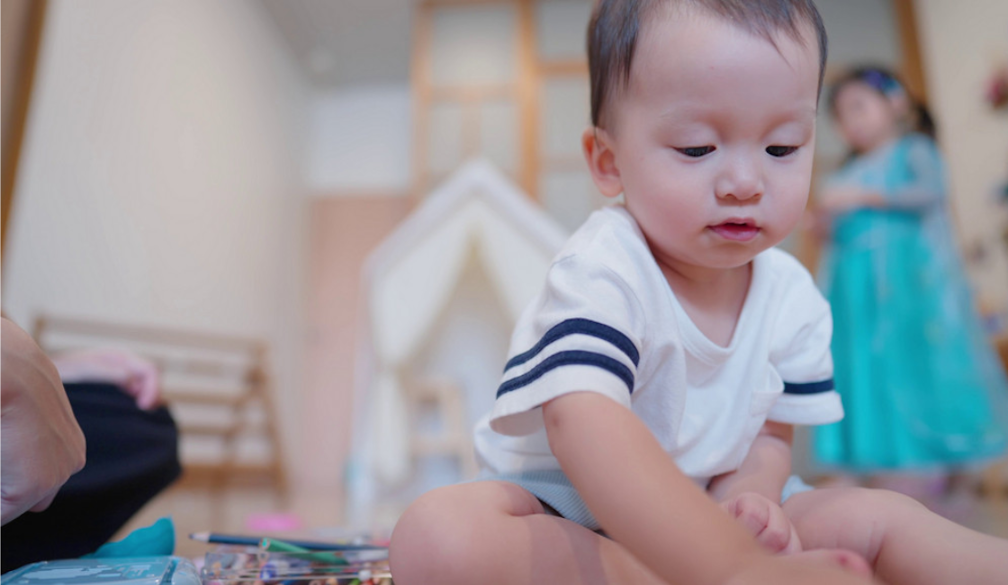Health for the Whole Family: Balancing Needs for Pets, Parents and Preschoolers

Finding balance in family life often feels like a juggling act. Between caring for children, supporting your own well-being and looking after pets, it can be easy to feel stretched. Yet when each member of the household is healthy and thriving, the whole family benefits. From kids’ routines to parents’ self-care and pets’ health, every detail contributes to creating a happy, balanced home.
Supporting Your Pet’s Health and Happiness
For many Australian families, pets are an extension of the family. They offer companionship, joy and a sense of routine. Just as children and adults need regular health checks, animals benefit from consistent care. A trusted vet clinic can provide essential services that go beyond emergencies. Annual check-ups, vaccinations and dental care ensure pets live longer, healthier lives. Early detection of health issues makes treatment easier and helps avoid unnecessary stress for both owners and pets.
Beyond physical health, pets need stimulation and affection. Taking dogs for walks, setting aside playtime and keeping cats mentally engaged with toys and interaction supports their well-being. These moments also strengthen the bond between pets and their families. When pets are well cared for, they contribute to a calmer, happier home environment, which benefits everyone.
Caring for Parents’ Physical Well-being
Parents often put their own needs last, focusing energy on children and household responsibilities. However, ignoring aches, pains or stress can lead to long-term problems. Regular check-ins with a healthcare professional are essential and complementary options like seeing a chiropractor can help manage strain from daily life. From lifting toddlers to long hours at a desk, many parents face physical challenges that impact posture, mobility and comfort.
Chiropractic care can support spinal health and ease common issues such as back pain, tension headaches or stiff joints. By addressing these concerns early, parents maintain energy and flexibility, making it easier to keep up with the demands of family life. Self-care isn’t selfish—it’s an investment in being able to show up fully for children, partners and even pets. Prioritising health also sets an important example, teaching kids that looking after themselves matters too.
Creating Positive Routines for Young Children
While parents and pets thrive on care, children need structure, learning and social interaction. Quality daycare services provide an environment where young children can grow, explore and develop vital skills. For many families, daycare supports both parents’ work commitments and children’s early education. Daily routines that involve play, group activities and guided learning help children build social confidence and resilience.
Daycare centres also play an important role in easing the transition to school. By becoming accustomed to group settings, following routines and working with educators, children are better prepared for the next stage of learning. At the same time, parents gain peace of mind knowing their children are in safe, nurturing hands. This balance gives adults the chance to focus on work, health or household tasks, while children thrive in a supportive environment designed for growth.
Finding Harmony in Family Life
Achieving balance in a busy household is never about perfection. Instead, it’s about creating rhythms that support everyone. Pets need medical care, exercise and attention. Parents benefit from prioritising their physical wellbeing and addressing challenges before they become chronic. Children grow best in environments where they feel secure, stimulated and supported. When each member of the family has their needs met, the household as a whole feels calmer, more connected and more resilient.
The key is recognising that health and happiness are interconnected. A parent in pain may struggle with patience. A restless pet can add stress to the home. A child without structured support might feel unsettled. But when everyone’s needs are taken seriously, the result is a home where each member can flourish. Families that invest time and energy into nurturing every individual—pets included—find that balance is more achievable than it first seems.
Family health is about more than just doctor visits or good habits. It’s about weaving together the needs of children, parents and pets in ways that create harmony. By keeping up with regular care for pets at the vet, supporting parents’ physical health through options like chiropractic care and enrolling children in environments where they can learn and thrive, households become stronger. In the end, caring for each member of the family strengthens the bond that holds everyone together.

